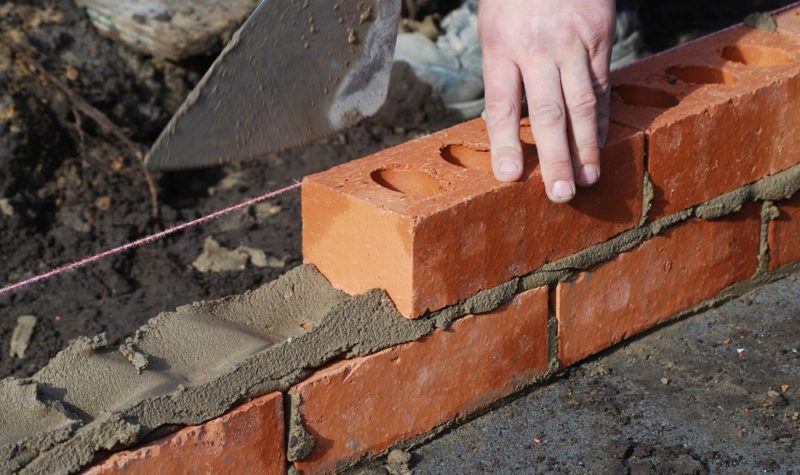Can Persimmon and Taylor Wimpey deliver improving share price performances?

Robert Stephens, CFA, considers the prospects for two FTSE 100 index housebuilders – Persimmon and Taylor Wimpey.
The share price performances of FTSE 100 housebuilders Persimmon (LON:PSN) and Taylor Wimpey (LON:TW.) have disappointed since the start of the year. Despite rampant house price growth and seemingly insatiable demand for new homes from first-time buyers, the two companies’ shares have risen by a similar amount to the FTSE 100’s year-to-date gain of 9%.
However, they could offer attractive relative returns over the long run. House prices may now be vastly expensive compared to average incomes. But it is an entirely different story when the real-world cost of homes, in terms of mortgage repayments, are compared to average incomes.
The former accounts for around a third of the latter, which is similar to the long-term average. This suggests that house prices are relatively affordable despite their high, and rising, prices. And with low interest rates widely expected to remain a foundation of the post-Covid economic recovery over the next few years, the outlook for housebuilders could remain relatively upbeat.
Government mortgage guarantees and the Help to Buy scheme, albeit in a more restricted form, could further solidify demand for homes. Meanwhile, an economy that is forecast to grow by 5%+ in 2021 and in 2022 could mean that employment prospects, which are crucial to buoyant demand for new homes, improve relative to those of the past year.
Alongside high demand, Persimmon and Taylor Wimpey operate in an industry where supply is severely constrained. Housing starts have regularly lagged population growth over recent decades. This situation seems unlikely to miraculously correct itself – particularly in the short run. This could mean that both companies face relatively clear paths to sales growth – especially since they have vast land banks within a relatively concentrated market.
Of course, sales and profit growth are unlikely to be perfectly smooth for the two housebuilders. The end of the stamp duty holiday in September following its planned dilution at the end of this month could dissuade some would-be buyers from purchasing properties. Similarly, record savings rates that have funded the current housing boom may naturally dissipate as lockdown measures ease and leisure spending rises.
Meanwhile, a rapidly growing economy and a sustained period of monetary policy stimulus may cause higher inflation. Ultimately, this could have a hugely negative impact on the housing market, since it may prompt higher interest rates that make today’s house prices far less affordable.
However, the valuations of Persimmon and Taylor Wimpey suggest these risks may have been factored in by investors. They trade on forward price-earnings ratios of 13 and 11, respectively. These figures indicate that they have wide margins of safety. In addition, they have forward yields in excess of 4.5% apiece that could enhance their total returns relative to the FTSE 100.
Their large net cash positions further highlight their capacity to overcome short-term challenges to deliver long-term share price growth. This mix of financial strength, an upbeat outlook for the housing market and low valuations during a bull market suggest they may offer relatively favourable risk/reward opportunities at the present time.
Comments (0)